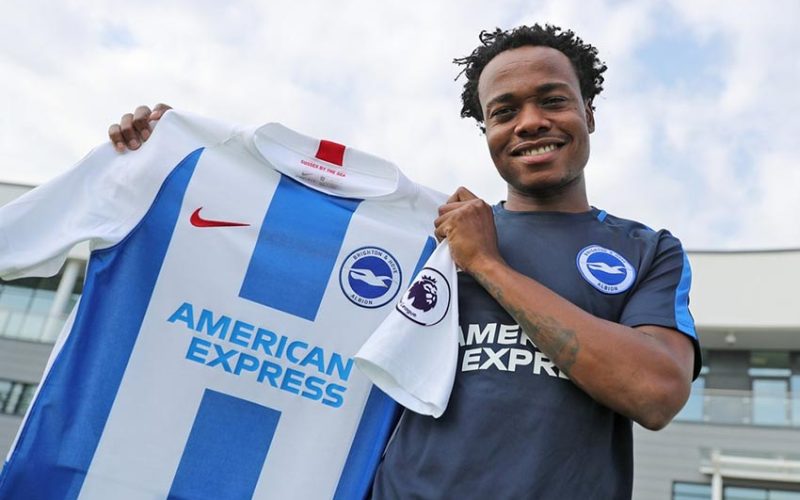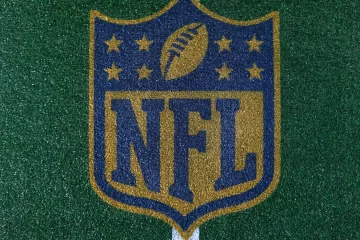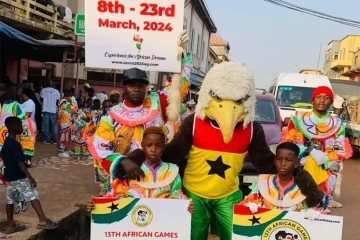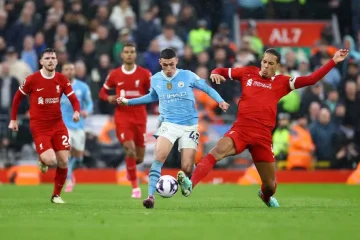BOITUMELO RANTAO
FOR talented African football players, the English Premier League is viewed as one of the elite football leagues in the globe, an aspiration that has now been marred by various barriers.
The political decision by the British government to leave the European Union (EU) has created an atmosphere of uncertainty for non-UK players on a journey to the highest-level of football.
The call to push into Brexit unknown has plunged players and football clubs into uncertainty, amid already strict regulations that foreigners face after receiving a callup from Premier league teams.
Prior to Brexit, eligibility was subject to a national team’s ranking in the International Federation of Association Football (FIFA) and the number of national team selections, to the detriment of players such as South African winger Percy Tau.
Players were also required to apply for a work permit and approval from the Board of Directors of the English Football Association (FA).
All 20 chiefs of the participating Premier League teams were against Brexit back in 2016. The withdrawal would force EU players hoping to move to Britain’s top division to apply for visas to play. Consequently, the decision to tighten immigration restrictions will significantly reduce the number of foreign participation in the highly regarded league.
Non-UK players would have to satisfy certain criteria, or receive an exemption to obtain a work permit, which would then allow them to work in the United Kingdom as employees of a football club.
The current work permit regulations were put in place with the knowledge that EU players would continue to move freely into English clubs and were specifically created to exclude all but the best non-EU players in order to, in theory, provide greater opportunity for young English players.
The compounded effects of the decision to exit are evident in the work permit complications in the cases of ex-Atalanta (Italian Serie A) player Amad Diallo’s transfer to British titans Manchester United.
Diallo was signed by United in the summer transfer window in 2020 yet has not joined his new teammates in Manchester due to the new constraints.
Coaches, as well as players in the football industry have long utilised the labour and expertise of EU workers at all levels. These individuals will also be faced with the same restrictions. The competitive presence of Britain’s top tier has prospered through diversity, of which the Brexit decision now threatens.
Had this been the norm 20 years ago, the world would have been without the talents of players such as Didier Drogba, Kolo Toure, Lucas Radebe, Micheal Essien, and Emmanuel Adebayor among others.
More recently, this decision would have affected current stars Riyad Mahrez, Nelson Semedo, Rafinha, Thiago Alcantara, Ngolo Kante, and reigning African Footballer-of- the- Year Sadio Mane.
How this will affect football in the future is yet to be seen and left to speculation, but the progression of players inside the EU, and abroad, that has existed will take a noteworthy toll.














